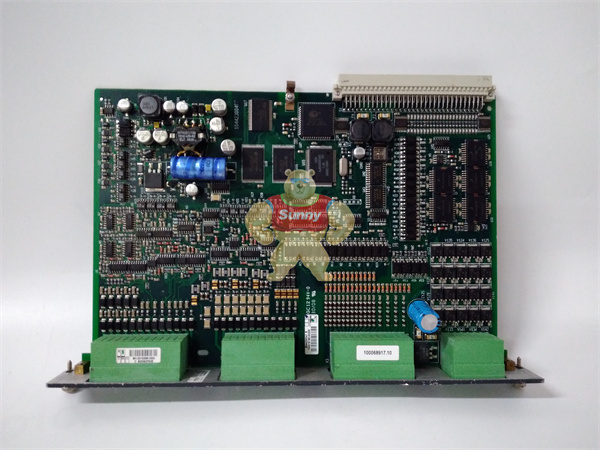Honeywell technology will be used in five new sustainable aviation fuel projects in the United States, Australia and Europe
The solution is designed to be flexible and adaptable to different locations, significantly increasing cost effectiveness and reducing time to market
Honeywell recently announced that British Petroleum (” bp “) will use Honeywell’s EcofiningTM process technology to produce sustainable aviation fuel (SAF) at five of its global production sites.
Honeywell’s EcofiningTM process technology will be used at bp’s five manufacturing sites in Bryan, Washington, USA; Rotterdam, Netherlands; Lower Saxony, Germany; Castellon, Spain; and Kwinana, Australia.
As a proven process technology, Ecofining™ ‘s streamlined design provides bp with a capital – and cost-efficient solution to increase the production of sustainable aviation fuels made from renewable feedstocks, helping bp achieve its goal of supplying 20% of global sustainable aviation fuel demand by 2030.
The picture shows the bp refinery in Blaine, Washington, USA
Sustainable aviation fuel produced with Honeywell Ecofining™ technology has been certified for use according to international standards. This sustainable aviation fuel can be used as a direct alternative fuel without any modifications to the engine. Currently, this sustainable aviation fuel can be blended with petroleum-based conventional aviation fuel in a ratio of up to 50%.
“Around the world, bp has an extensive portfolio of biofuels businesses and uses Honeywell technologies to drive rapid growth. “Global demand for sustainable aviation fuels is expected to increase significantly and bp wants to play an important role in helping to decarbonise airlines.” “Said Nigel Dunn, bp’s senior vice president for biofuels.

IOM4.2 2044230041E 2044230040H

IOM4.2 2044230041E 2044230040H

IOM4.2 2044230041E 2044230040H
“Demand for Ecofining™ technology has more than doubled over the past two years, and Honeywell has licensed 35 Ecofining™ process units around the world with a combined capacity of more than 400,000 barrels per day.” “Honeywell has taken a leading role in advancing sustainable aviation fuel production with the Ecofining™ process, which has been used for commercial production of sustainable aviation fuel since 2016,” said Lucian Boldea, president and CEO of Honeywell’s Characteristic Materials and Technologies Group.
“The Ecofining™ process, developed jointly by Honeywell UOP and Eni SpA of Italy, converts non-edible vegetable oils, animal fats and other waste feedstocks into renewable diesel and sustainable aviation fuels. Greenhouse gas (GHG) emissions can be reduced by up to 80% compared to fossil fuels. 1 “Lu Cheng added.
To meet the rapidly growing demand for renewable fuels such as sustainable aviation fuel, Honeywell has introduced solutions covering a range of feedstocks. In addition to Honeywell’s UOP Ecofining™ process, Honeywell’s portfolio of renewable fuels includes ethanol-to-jet fuel (ETJ) technology and the newly launched Honeywell UOP eFining™ process, which uses green hydrogen and carbon dioxide to produce e-fuels.
With its proven Ecofining™ process in China, Honeywell is working with multiple partners to accelerate the delivery of proven solutions for sustainable aviation fuel. This year, Honeywell and Sichuan Jinshang Environmental Protection Technology Co., Ltd. signed a process authorization contract to jointly build a sustainable aviation fuel industry base with an annual output of 300,000 tons in Suining, Sichuan Province, and promote the further development of sustainable aviation fuel made from waste oil in China. When completed, the project is expected to be one of the largest sustainable aviation fuel projects in western China. Previously, Honeywell helped Zhejiang Jiaao Environmental Technology Co., Ltd. build a large sustainable aviation fuel production base in Lianyungang, Jiangsu Province, to expand sustainable aviation fuel production capacity and promote carbon reduction in the aviation industry through innovative technologies.
 1 Year Warranty
1 Year Warranty





